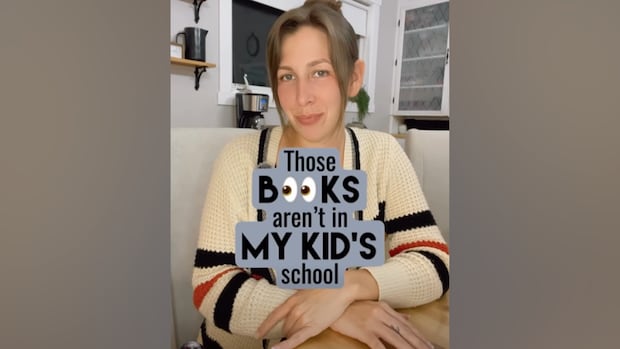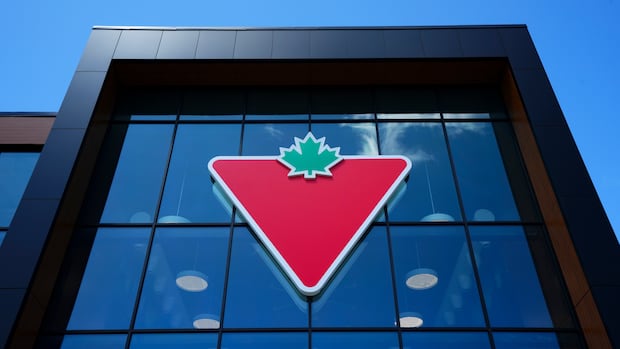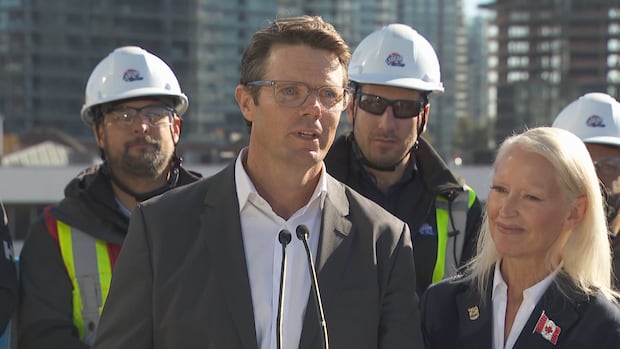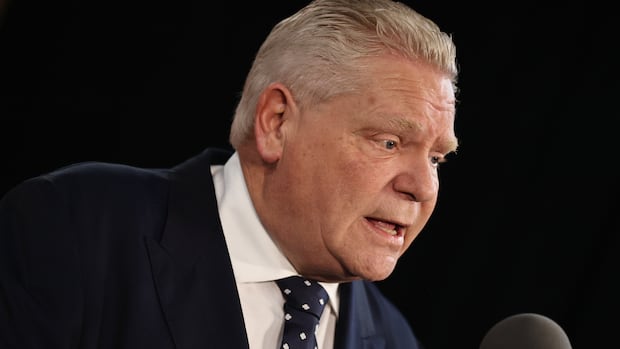B.C. Premier David Eby is calling on the federal government to protect forestry workers as new tariffs imposed by the U.S. president threaten to topple an already struggling industry.
On Tuesday, the U.S. slapped a 10 per cent tariff on Canadian lumber — on top of a 35 per cent tariff already in place.
The U.S. also put a 25 per cent tariff on some Canadian wood products, like furniture.
The news is devastating for communities like Grand Forks, B.C., where local mill operations are already precarious.
In early September, Interfor announced curtailments across all of its North American operations, including in Grand Forks. But last week, the community learned the mill would be shuttered indefinitely.
Truck driver Doug Gailey is one of hundreds impacted by the shut down.
“When [the closure] first started, we thought we're going back on Oct. 6 … and then the first of October there they told everybody it was going to be indefinite,” Gailey told CBC’s Daybreak South.
He said it was a big shock to the community.
“Now we just gotta sit and wait and see what's going to happen.”
WATCH | New U.S. tariffs on Canadian lumber now in place:New U.S. tariffs on Canadian lumber and wood products announced last month are now in effect. They include a global tariff of 10 per cent on all softwood lumber and timber entering the U.S., on top of the 35 per cent duty already in place. Some finished wood products, like cabinets, vanities and upholstered furniture, are also being hit with a 25 per cent tariff with a further increase coming Jan. 1.In an email to CBC News, Interfor's vice-president of corporate communications and government relations Svetlana Kayumova said the decision to reduce operations in September, and then to halt operations in Grand Forks indefinitely, was the result of "persistently weak market conditions and ongoing economic uncertainty."
"We continue to face significant market headwinds and the ongoing impact of U.S. trade actions, including increasing softwood lumber duties," she said. "These pressures have made it difficult to operate certain facilities sustainably. "
During a news conference on Tuesday, Eby demanded the feds provide funding to keep forestry workers afloat during what he described as "an additional attack" on the industry.
WATCH | Eby calls for support from Ottawa:B.C. Premier David Eby says Canadian lumber now faces higher tariffs going into the U.S. than lumber from Russia, and the higher tariffs going into effect must be treated by Ottawa like a national emergency.Prime Minister Mark Carney promised $1.2 billion in support for the softwood lumber industry in August, but B.C. Council of Forest Industries president Kim Haakstad said that money has not yet come through.
Forestry Minister Ravi Parmar said he wants to see that funding "not tomorrow, but today."
"We can't wait. Our forest sector here in Canada is on the line."
'Worse market access than Russia'Eby expressed some anxiety about the situation, adding that often, provinces like Ontario and Quebec are front of mind for federal leaders — leaving B.C. and issues that affect primarily British Columbians all but forgotten.
"When auto-parts makers ... when steelworkers in Ontario, when their jobs are threatened, it’s treated as an emergency, and rightly so," Eby said.
"What we’re asking for today is that that same respect, that same concern, that same sense of emergency is shared for the forest sector in this country. "
WATCH | New U.S. tariffs are 'bizarre' forestry CEO says:Members of the B.C. forest industry are keeping a close eye on meetings between Prime Minister Mark Carney and President Donald Trump ahead of new U.S. lumber tariffs coming on Oct. 14. Brink Forest Products CEO John Brink called the new tariffs "bizarre" and said he's disappointed they weren't discussed during Tuesday's Carney-Trump news conference.In a letter to the feds, Eby points out that Canada is subject to higher tariffs on lumber than Russia.
He said the province will be launching an advertising campaign in the United States to point this out.
New Brunswick calls for supportB.C. is certainly not the only province affected by lumber and wood product tariffs.
New Brunswick Premier Susan Holt penned a similar letter to the federal government last week, pleading for softwood lumber tariffs to be made a top priority.
"In some communities in New Brunswick, one in every 11 workers depends directly on forest products," Holt wrote.
"The impact of mill curtailments or closures would be immediate and severe, resulting in job losses, reduced government revenues and fewer resources for essential services."
Forestry future at riskEby worries many forestry companies will not survive these latest challenges — which would be devastating for hundreds of workers and their families, and entire communities in British Columbia that are dependent on the forestry industry.
Back in Grand Forks, Gailey said the town has been quieter than usual, as workers and their families deal with uncertainty around their employment.
"Places ain’t as busy as they used to be," he said. "[The government has] got to inject some kind of funding into the valley here to help everybody out, to make it through."











